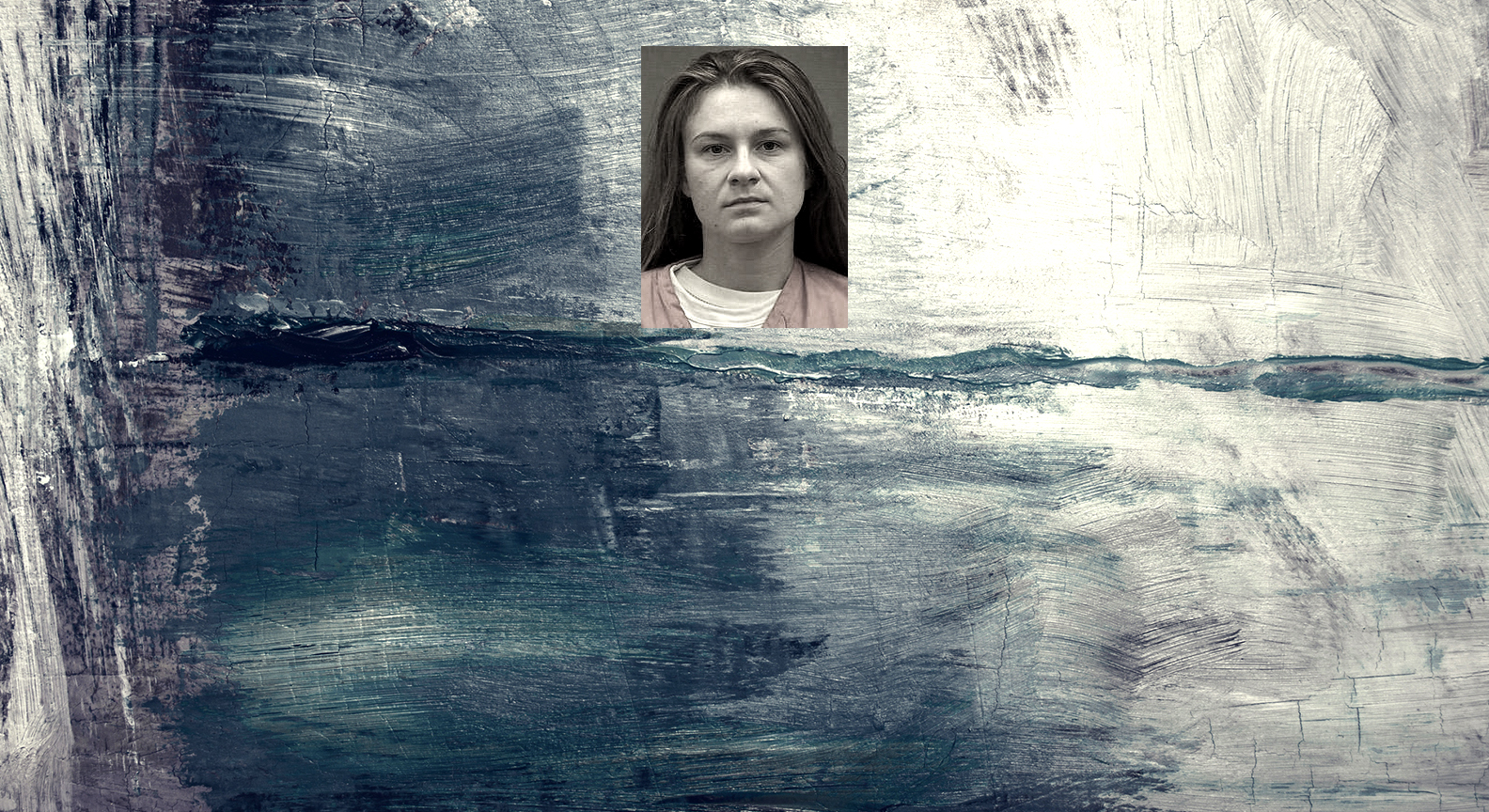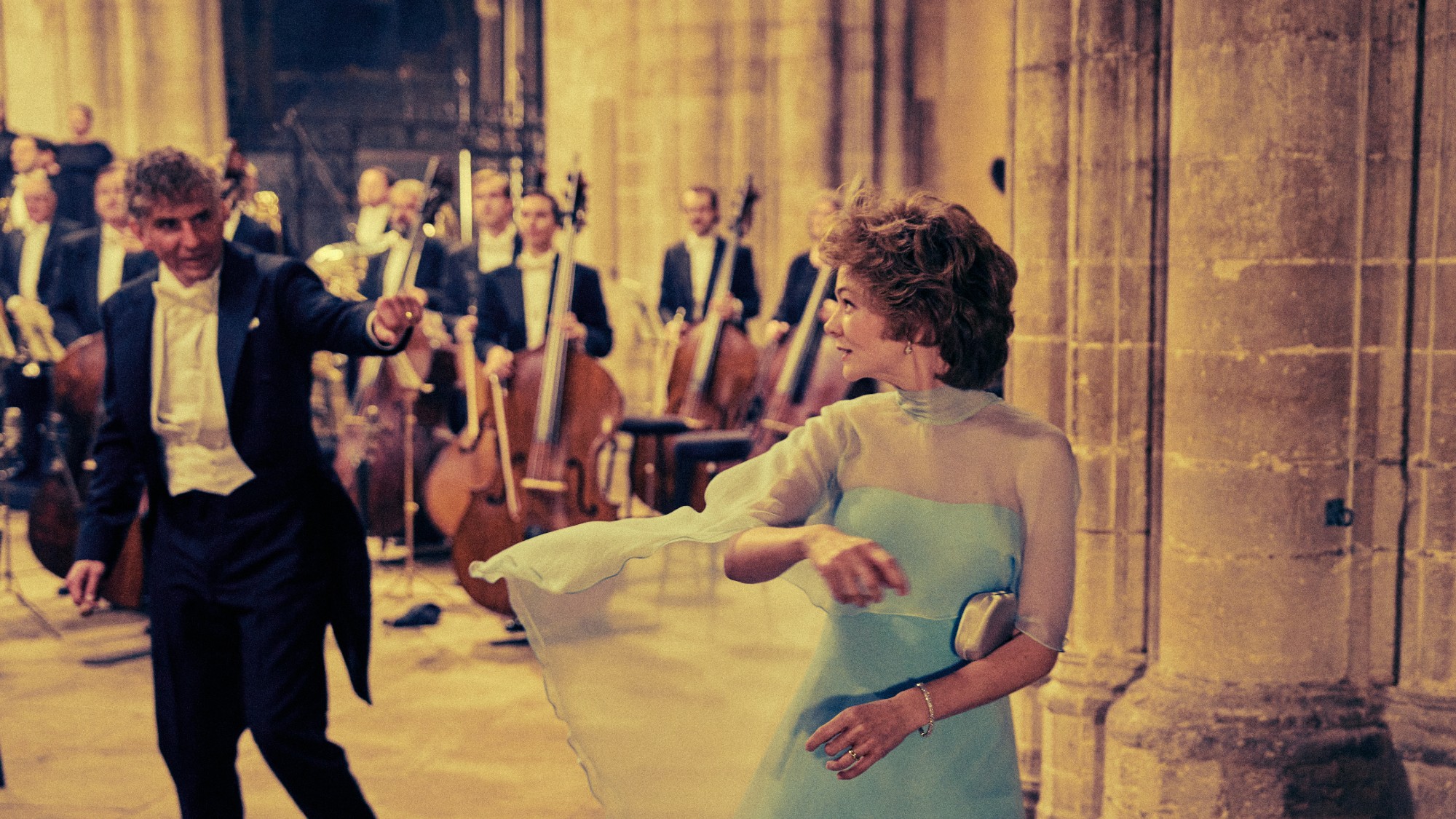The Mariia Butina fiasco
The accusations against her were too good to be true

Thanks to the timely imposition of a gag order on both the prosecution and the defense by Judge Tanya Chutkan of the U.S. District Court for the District of Columbia, we are unlikely to learn much more about the case of accused Russian agent Mariia Butina beyond what emerges in court. As we await a verdict, however, it is worth reflecting on why this case briefly captured the imagination of journalists and readers before it disappears into the abyss of Page A13.
It was, after all, a perfect story. The premise — that a red-haired spy-mistress had been trained by shadowy Russian malefactors to seduce one or more targets as part of a massive intelligence operation — appeared to have been lifted almost in its entirety from the plot of a recent film starring Jennifer Lawrence. It appealed, with its lurid details, to widespread credulousness about all things Russian, to an uncritical mania for hazily outlined collusion narratives, to a widespread desire to see all the enemies of liberalism, from the organizers of the Conservative Political Action Conference to the National Rifle Association to Muscovite banksters to President Trump, operating in conjunction with one another in service of the same sinister ideals. It was, in other words, too good to be true.
Some of this was clear even before Chutkan's intervention on Monday. Despite what was reported by everyone from NPR to Radio Free Europe to The Blaze, to say nothing of the moronic public pronouncements of her own counsel, Butina was not charged with failing to comply with the terms of the Foreign Agents Registration Act (FARA). The actual violation of which she has been accused is acting on behalf of a foreign power or entity in a non-diplomatic capacity without notifying the attorney general of the United States, as proscribed in Section 951 of the U.S. Criminal Code. If that all sounds very complicated and prone to misrepresentation by journalists who lack legal training, it's because it is. Caution and clarity should be the order of the day.
The Week
Escape your echo chamber. Get the facts behind the news, plus analysis from multiple perspectives.

Sign up for The Week's Free Newsletters
From our morning news briefing to a weekly Good News Newsletter, get the best of The Week delivered directly to your inbox.
From our morning news briefing to a weekly Good News Newsletter, get the best of The Week delivered directly to your inbox.
A far more serious error, and one that should make prosecutors ashamed of themselves, perhaps even to the point of inducing them to drop all actually relevant charges, is the accusation, repeated in a thousand newspaper articles and television reports, that Butina attempted to exchange sexual favors for employment opportunities and what could loosely be described as "access" to right-wing bigwigs. This allegation appears to have been based upon a series of text messages sent to a friend. Judge Chutkan said on Monday that she was able to discern its unseriousness in the span of "five minutes."
This recklessness concerning a woman's reputation is inexcusable. In the aftermath of #MeToo, one would hope that accusations of prostitution would not be bandied about loosely, least of all by the federal government. Having repeated the claims — which, to their credit, they had no reason to doubt — it would be a good thing if more journalists went out of their way to acknowledge this crude prosecutorial slander. Slut-shaming should not be okay just because the R word is involved.
It has also become clear that if Butina's projects are evidence of "collusion" between the Russian government and American conservatives, there is virtually no sphere of activity, in heaven or on Earth, that would not answer to that description. The highest Russian official with whom Butina appears to have been in contact was Alexander Torshin, a recently appointed deputy of the Central Bank of Russia and former Russian senator. The extent of her contact with the Putin regime extends not much further than having once contacted the Kremlin press office via a generic public email address in the hope of persuading the Russian president to appear in one or more programs on the Outdoor Channel, which agreed to pay her some $20,000 in exchange for this vital lobbying. The cable entity eventually suspended its payments to Butina when it became clear that, pace her claim that "[n]o Western media company (or even news organization) has EVER had this much access to President Putin," she had no useful channels of communication with the Kremlin. It is clear that Butina was a transnational dissembler, but on whose ultimate behalf beyond her own she worked and lied remains unclear. She is certainly no Alger Hiss.
Which is why I think there is a much broader lesson here about the vague question of influence peddling. As I write this there are hundreds of thousands of individuals working in some capacity or other on behalf of foreign nationals to influence the politics of this country. If every single one of them registered formally as a foreign agent under the terms of FARA or with the U.S. attorney general per Section 951, the offices responsible for handling such cases would be overwhelmed. In an era of globalized, more or less free communications, inexpensive travel, and virtually limitless cash in the hands of billionaire would-be influencers, it is nearly impossible to quantify or even rigorously define concepts such as "election meddling." Who and what constitute an attempt by foreigners to shape public affairs and business in the United States? It has never been easier for anyone anywhere to attempt to do so. The relentlessly pro-NAFTA New York Times remains partially owned by a Mexican billionaire. Most of "our" major corporations are either foreign-owned subsidiaries of companies you've never heard of or tax dodgers that maintain their unimaginable profitability by relying upon shady offshore accounting schemes; all of them spend millions of dollars jockeying for influence, formally and informally.
A free daily email with the biggest news stories of the day – and the best features from TheWeek.com
These conditions need to be acknowledged and understood. More scrutiny should be applied to our conversations about "meddling," even when there appears to be a legal basis for the accusations. Anything can sound sinister when reduced, sans context, to the supposedly affectless prose of hard news.
Matthew Walther is a national correspondent at The Week. His work has also appeared in First Things, The Spectator of London, The Catholic Herald, National Review, and other publications. He is currently writing a biography of the Rev. Montague Summers. He is also a Robert Novak Journalism Fellow.
-
 The 8 best biopic movies of the 21st century (so far!)
The 8 best biopic movies of the 21st century (so far!)the week recommends Not all true stories are feel good tales, but the best biopics offer insight into broader social and political trends
-
 Washington grapples with ICE’s growing footprint — and future
Washington grapples with ICE’s growing footprint — and futureTALKING POINTS The deadly provocations of federal officers in Minnesota have put ICE back in the national spotlight
-
 ‘One day fentanyl will come back — and there will be little anyone can do’
‘One day fentanyl will come back — and there will be little anyone can do’Instant Opinion Opinion, comment and editorials of the day
-
 The billionaires’ wealth tax: a catastrophe for California?
The billionaires’ wealth tax: a catastrophe for California?Talking Point Peter Thiel and Larry Page preparing to change state residency
-
 Bari Weiss’ ‘60 Minutes’ scandal is about more than one report
Bari Weiss’ ‘60 Minutes’ scandal is about more than one reportIN THE SPOTLIGHT By blocking an approved segment on a controversial prison holding US deportees in El Salvador, the editor-in-chief of CBS News has become the main story
-
 Has Zohran Mamdani shown the Democrats how to win again?
Has Zohran Mamdani shown the Democrats how to win again?Today’s Big Question New York City mayoral election touted as victory for left-wing populists but moderate centrist wins elsewhere present more complex path for Democratic Party
-
 Millions turn out for anti-Trump ‘No Kings’ rallies
Millions turn out for anti-Trump ‘No Kings’ ralliesSpeed Read An estimated 7 million people participated, 2 million more than at the first ‘No Kings’ protest in June
-
 Ghislaine Maxwell: angling for a Trump pardon
Ghislaine Maxwell: angling for a Trump pardonTalking Point Convicted sex trafficker's testimony could shed new light on president's links to Jeffrey Epstein
-
 The last words and final moments of 40 presidents
The last words and final moments of 40 presidentsThe Explainer Some are eloquent quotes worthy of the holders of the highest office in the nation, and others... aren't
-
 The JFK files: the truth at last?
The JFK files: the truth at last?In The Spotlight More than 64,000 previously classified documents relating the 1963 assassination of John F. Kennedy have been released by the Trump administration
-
 'Seriously, not literally': how should the world take Donald Trump?
'Seriously, not literally': how should the world take Donald Trump?Today's big question White House rhetoric and reality look likely to become increasingly blurred
